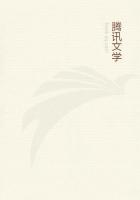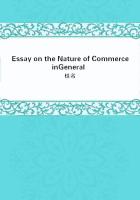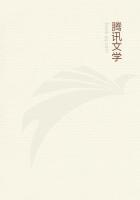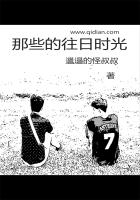We boast our light; but if we look not wisely on the sun itself, it smites us into darkness. Who can discern those planets that are oft combust, and those stars of brightest magnitude that rise and set with the sun, until the opposite motion of their orbs bring them to such a place in the firmament, where they may be seen evening or morning? The light which we have gained was given us, not to be ever staring on, but by it to discover onward things more remote from our knowledge. It is not the unfrocking of a priest, the unmitring of a bishop, and the removing him from off the presbyterian shoulders, that will make us a happy nation. No, if other things as great in the Church, and in the rule of life both economical and political, be not looked into and reformed, we have looked so long upon the blaze that Zuinglius and Calvin hath beaconed up to us, that we are stark blind. There be who perpetually complain of schisms and sects, and make it such a calamity that any man dissents from their maxims. 'Tis their own pride and ignorance which causes the disturbing, who neither will hear with meekness, nor can convince; yet all must be suppressed which is not found in their Syntagma. They are the troublers, they are the dividers of unity, who neglect and permit not others to unite those dissevered pieces which are yet wanting to the body of Truth. To be still searching what we know not by what we know, still closing up truth to truth as we find it (for all her body is homogeneal and proportional), this is the golden rule in theology as well as in arithmetic, and makes up the best harmony in a Church; not the forced and outward union of cold, and neutral, and inwardly divided minds.
Lords and Commons of England! consider what nation it is whereof ye are, and whereof ye are the governors: a nation not slow and dull, but of a quick, ingenious and piercing spirit, acute to invent, subtle and sinewy to discourse, not beneath the reach of any point the highest that human capacity can soar to. Therefore the studies of learning in her deepest sciences have been so ancient and so eminent among us, that writers of good antiquity and ablest judgment have been persuaded that even the school of Pythagoras and the Persian wisdom took beginning from the old philosophy of this island. And that wise and civil Roman, Julius Agricola, who governed once here for Caesar, preferred the natural wits of Britain before the laboured studies of the French. Nor is it for nothing that the grave and frugal Transylvanian sends out yearly from as far as the mountainous borders of Russia, and beyond the Hercynian wilderness, not their youth, but their staid men, to learn our language and our theologic arts.
Yet that which is above all this, the favour and the love of Heaven, we have great argument to think in a peculiar manner propitious and propending towards us. Why else was this nation chosen before any other, that out of her, as out of Sion, should be proclaimed and sounded forth the first tidings and trumpet of Reformation to all Europe? And had it not been the obstinate perverseness of our prelates against the divine and admirable spirit of Wickliff, to suppress him as a schismatic and innovator, perhaps neither the Bohemian Huns and Jerome, no nor the name of Luther or of Calvin, had been ever known: the glory of reforming all our neighbours had been completely ours. But now, as our obdurate clergy have with violence demeaned the matter, we are become hitherto the latest and the backwardest scholars, of whom God offered to have made us the teachers. Now once again by all concurrence of signs, and by the general instinct of holy and devout men, as they daily and solemnly express their thoughts, God is decreeing to begin some new and great period in his Church, even to the reforming of Reformation itself: what does he then but reveal himself to his servants, and as his manner is, first to his Englishmen? I say, as his manner is, first to us, though we mark not the method of his counsels, and are unworthy.
Behold now this vast city: a city of refuge, the mansion house of liberty, encompassed and surrounded with his protection; the shop of war hath not there more anvils and hammers waking, to fashion out the plates and instruments of armed justice in defence of beleaguered truth, than there be pens and heads there, sitting by their studious lamps, musing, searching, revolving new notions and ideas wherewith to present, as with their homage and their fealty, the approaching Reformation: others as fast reading, trying all things, assenting to the force of reason and convincement. What could a man require more from a nation so pliant and so prone to seek after knowledge? What wants there to such a towardly and pregnant soil, but wise and faithful labourers, to make a knowing people, a nation of prophets, of sages, and of worthies? We reckon more than five months yet to harvest; there need not be five weeks;had we but eyes to lift up, the fields are white already.
Where there is much desire to learn, there of necessity will be much arguing, much writing, many opinions; for opinion in good men is but knowledge in the ******. Under these fantastic terrors of sect and schism, we wrong the earnest and zealous thirst after knowledge and understanding which God hath stirred up in this city.

